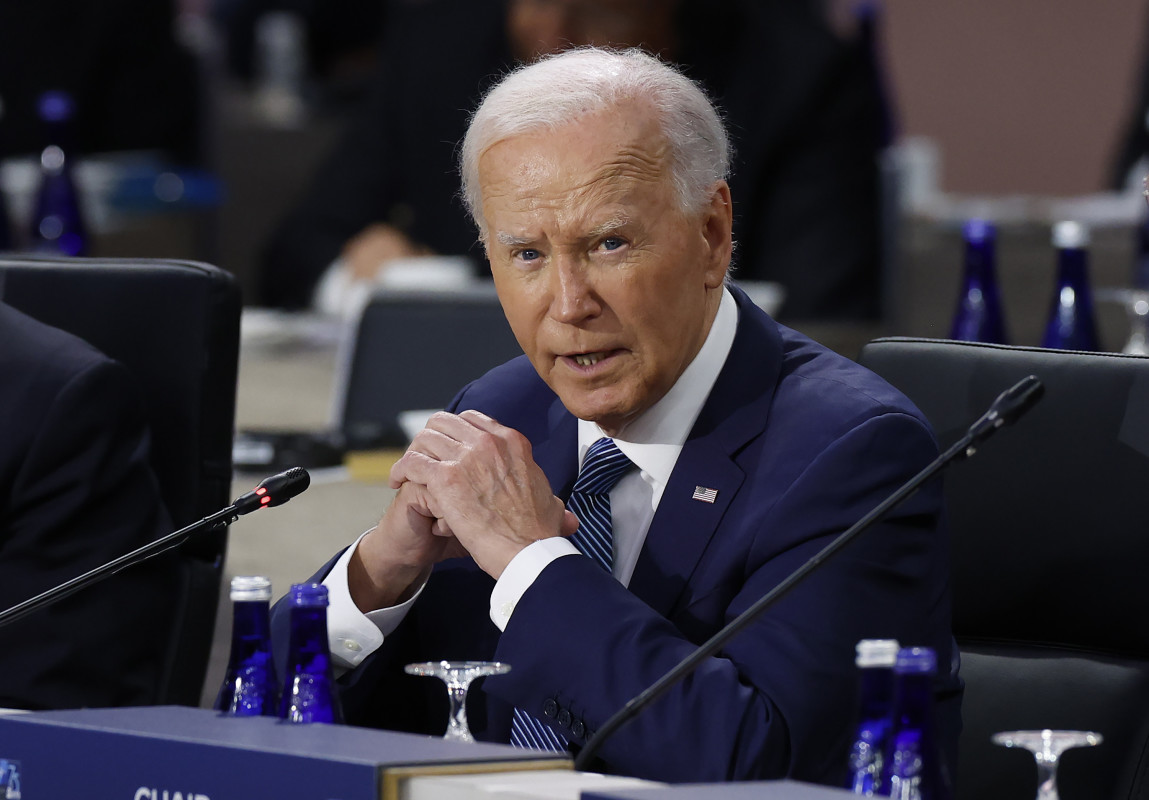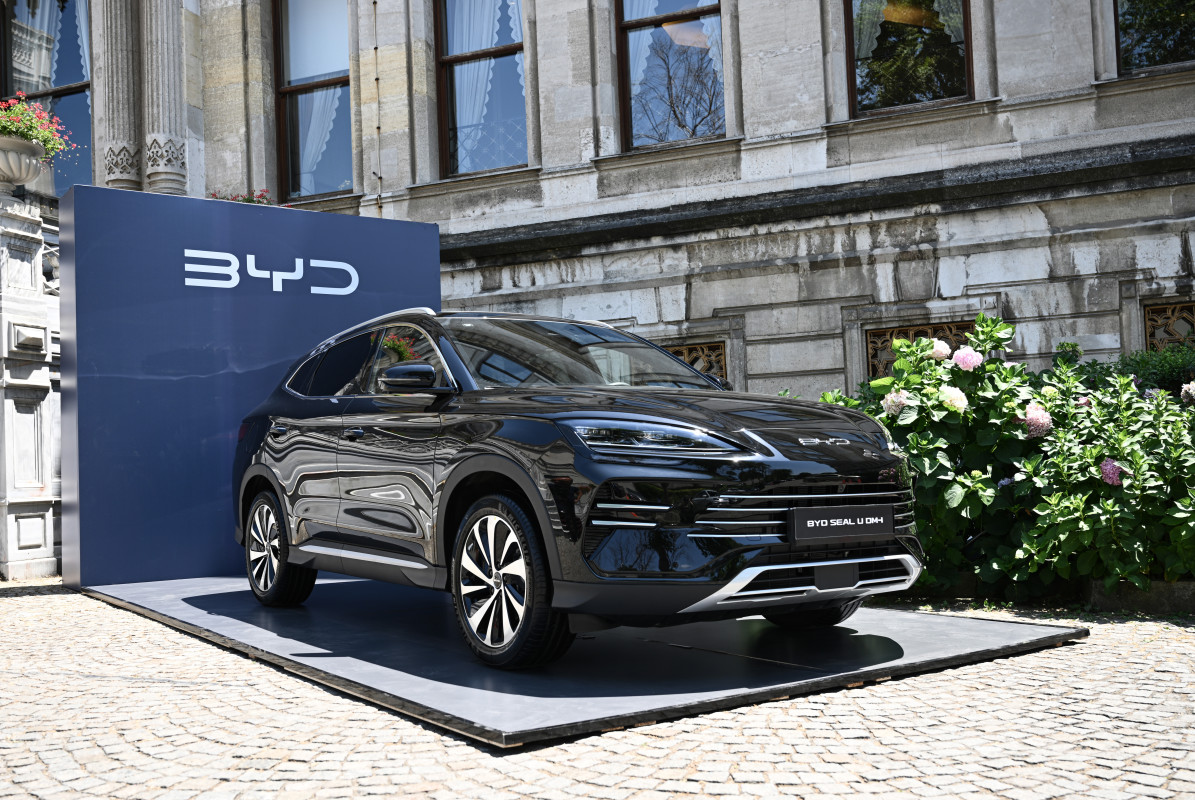
The federal government plans to provide more subsidies for electric vehicles built by the U.S. automobile industry to try to match the piles of cash that the Chinese government contributes to its auto industry.
The U.S. Energy Department on July 11 earmarked more than $1.7 billion in grants for projects intended to revitalize and prepare the domestic automotive industry for a future with electrified and battery-electric automobiles.
The projects involve 11 factories in eight states, including critical electoral battleground states such as Georgia, Michigan, Ohio, and Pennsylvania, with particular consideration toward shuttered facilities or factories at risk of closing.
Related: Best cars and SUVs under $30k according to Consumer Reports
In a statement, President Biden referred to his opponent as his "predecessor," crediting him with the decline of vulnerable auto-making communities. He stated that they "were left behind" and "are now making a comeback with the support of my policies."
"Building a clean energy economy can and should be a win-win for union autoworkers and automakers," Biden said. "This investment will create thousands of good-paying, union manufacturing jobs and retain even more — from Lansing, Michigan to Fort Valley, Georgia — by helping auto companies retool, reboot and rehire in the same factories and communities."

The grants themselves will benefit some of the country's largest automakers. Over $500 million will go toward GM's Lansing Grand River Assembly plant in Michigan, $334.8 million to Stellantis's idled Belvidere Assembly in Illinois, and $250 million for Stellantis to reconfigure a transmission plant in Indiana to electric drive modules.
Biden's latest move is another step to bolster and support the domestic auto industry on its journey toward the future. The sitting President is endorsed by Shawn Fain, the leader of the United Auto Workers, and the latest set of grants for EVs follows the landmark Chinese EV tariffs enacted back in May.
In the fine print presented by the administration when the tariffs were announced, officials noted that Chinese EVs benefitted from "unfair trade practices" such as "extensive subsidies and non-market practices leading to substantial risks of overcapacity."
Though auto industry giants receive grants and other subsidies from the Biden administration, as well as state and local governments, they pale in comparison to those from the Chinese government, which has had a more substantial hand in its EV investments for much longer.

The long game vs. the short game
According to data from the Center for Strategic and International Studies, the Chinese government spent more than $230.9 billion from 2009 to 2023, bolstering its electric car industry.
In comparison, the $1.7 billion announced by the Biden Administration is on top of the $177 billion already spent during this administration, as per the Department of Energy.
Although both superpowers seem to have spent a significant amount during their respective periods, the two countries' investments represent a classic 'Tortoise and the Hare' scenario.
More Business of EVs:
- Porsche and Mercedes diverge at EV crossroads
- A Fisker-type problem is affecting an automaker known for quality
- Police officer pulls over Waymo robotaxi, is greeted by no driver or passengers
In China, the billions that flowed into the country's automakers over 14 years came from different support categories, including funds for research and development, government procurement, infrastructure, sales tax exemptions, and rebates.
Unlike in the U.S., these investments created an environment where the EV industry could flourish. In his report, CSIS Chinese Business and Economics trustee chair Scott Kennedy said that the Chinese government's support also included non-monetary policies that favored domestic automakers over foreign ones.
"There are some exceptions, but in general, Western automakers and governments have dilly-dallied and not been aggressive enough," Kennedy said.
The EPA revealed newly revised emissions rules in March 2024, which targeted at least 56% of new vehicle sales to be EVs by 2032, a reduction from nearly 67% the previous year.
To help achieve the lower goalpost, the current administration encouraged EV growth by investing in charging infrastructure and giving away more than a $1 billion in federal tax incentives through the Inflation Reduction Act.
Further in his report, Kennedy notes that while specific U.S. policies like using dollars reserved by the Inflation Reduction Act are a start, they are not the constructive kind. He pointed out that its eligibility requirements for full rebates (the $7,500 off an EV) are too narrow.
In comparison, government credits for new EVs in China averaged $13,860 in 2018 and just under $4,800 in 2023. Though this is less than the current $7,500 under the IRA, the lesser amount reflects the fact that the Chinese EV industry was once in its infancy but has now matured.
Related: Veteran fund manager picks favorite stocks for 2024







